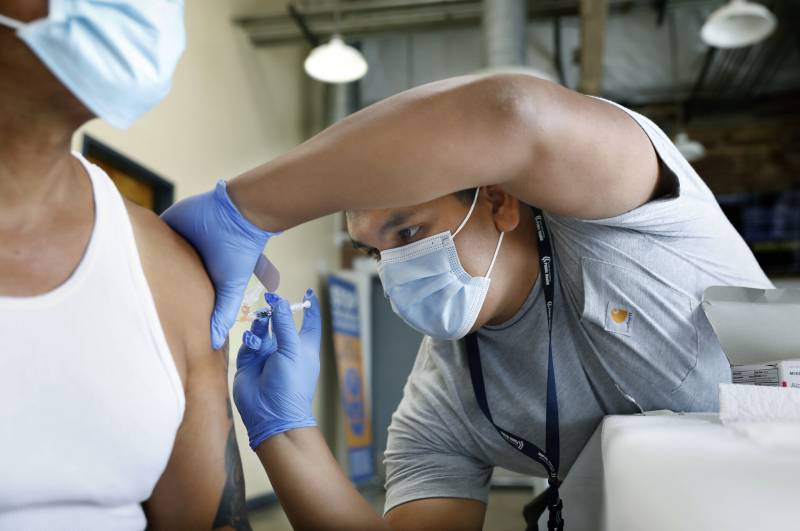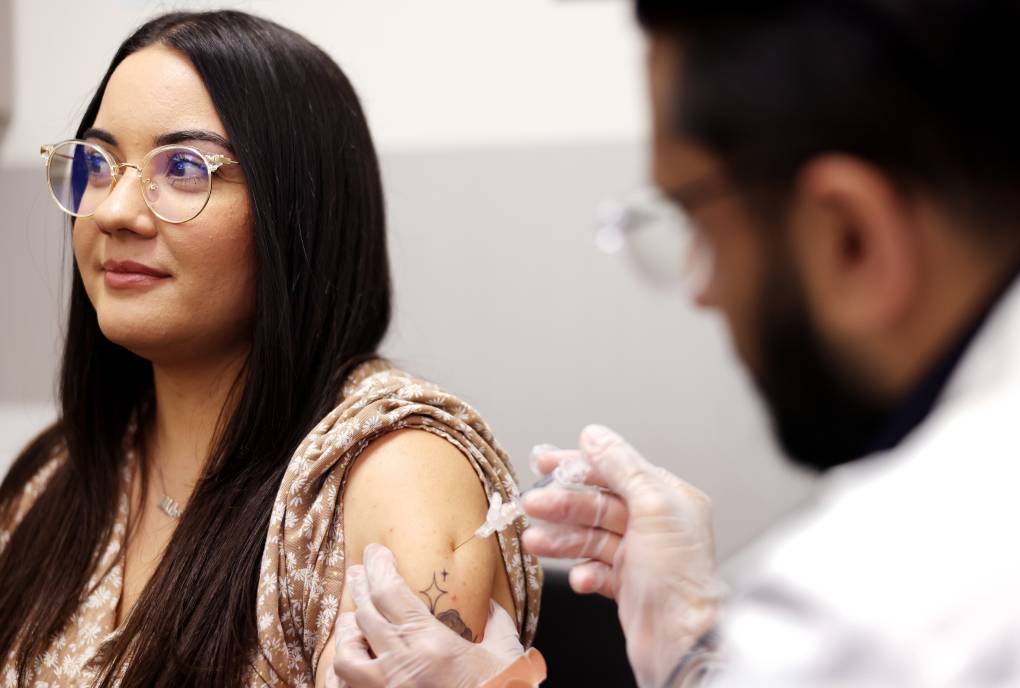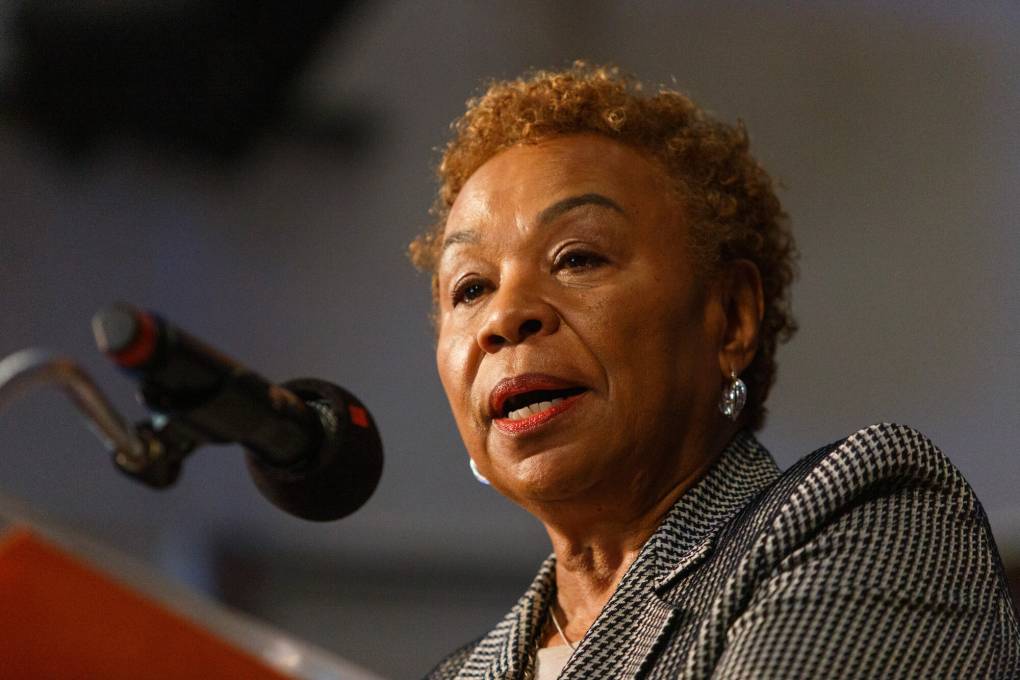The president’s words could undercut the effort to get this money further.
Republicans are already using the statement to question the justification for ongoing pandemic measures, including the military’s vaccine requirement and mandates for vaccines and masks in federally funded Head Start education programs.
“Biden admitted last night that the COVID pandemic is over. In other words, there is no ‘ongoing emergency’ to justify his proposal for student loan handouts,” said Sen. Marsha Blackburn of Tennessee.
Some public health experts agreed with Biden’s characterization of a “change” in the pandemic. “It is a reasonable thing to do as we collectively move on from this emergency footing that we’ve been on for the last couple of years, and try to navigate a new normal,” said Dr. Bob Wachter, chair of UCSF’s Department of Medicine. “It’s an appropriate way of thinking about the threat as it stands today.”
Acknowledging the shift shouldn’t stand in the way of funds for COVID-related efforts, said Dr. Tom Frieden, who led the CDC during the Obama administration.
“We don’t have a pandemic of Alzheimer’s disease or influenza or heart disease. But Congress still needs to fund programs to address those problems,” he said.
The ongoing booster campaign could face challenges
The Biden administration’s public health leaders have sometimes struggled at times to present a clear, unified message about COVID-19. His administration has at times been criticized for a lack of communication or issuing guidance that seemingly conflicts with available data.
Now, the president’s remarks have thrown another wrench into the mix at a crucial moment.
The administration has just rolled out a new bivalent booster shot designed to target the omicron subvariants that have dominated caseloads in the country in recent months, and the agency is working to convince Americans to go out and get it. (Since the CDC recommended the shot earlier this month, hundreds of thousands of Americans have received it.)
But health officials have long struggled to convince Americans to get their shots. Only 68% of Americans completed their original vaccine course, and fewer than half of those have gotten any booster shot.
Most troubling are booster rates for people over 65, said Jennifer Nuzzo, the director of Brown University’s Pandemic Center. Data from the CDC show that while the vast majority of older Americans got the original vaccines, far fewer — only about a quarter — have also taken the two original boosters.
“If we do nothing else to reduce the number of deaths from COVID, we need to make sure that people who are at the greatest risk of severe illness and death — and that’s people over the age of 65 — that they get their booster,” Nuzzo said. “I don’t want to inadvertently send the signal that that’s not something they need to do anymore.”
She and other public health experts pointed to the winter, when a surge of new cases is likely as cold weather pushes socialization indoors, and holidays prompt people to travel to visit family and friends. A winter wave of cases will require tests, vaccines and other efforts to combat COVID, they said.
“I would say, let’s not declare the pandemic over,” said Dr. Carlos Del Rio, an infectious disease specialist at Emory University. “Let’s say that we’re in a very good place, and we need to continue working hard in order to stay in that good place.”
Copyright 2022 NPR. To see more, visit https://www.npr.org.
9(MDAxOTAwOTE4MDEyMTkxMDAzNjczZDljZA004))




9(MDAxOTAwOTE4MDEyMTkxMDAzNjczZDljZA004))